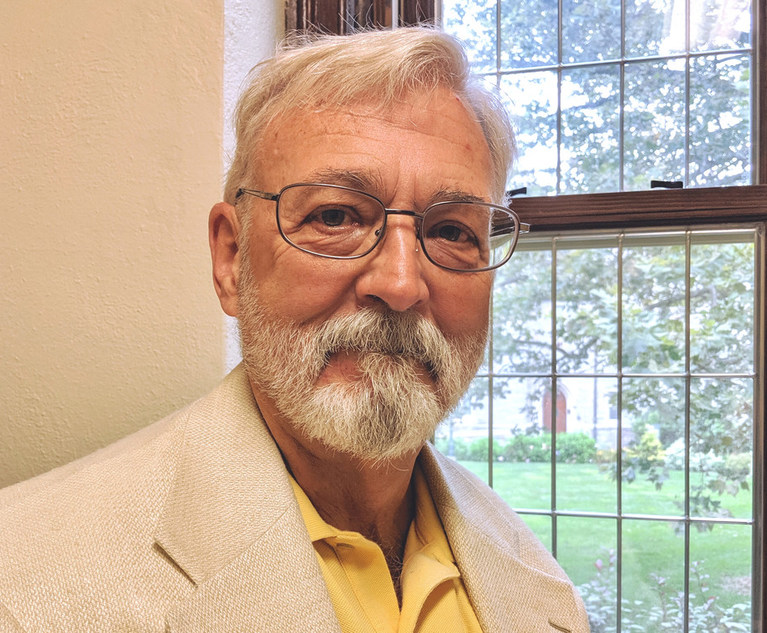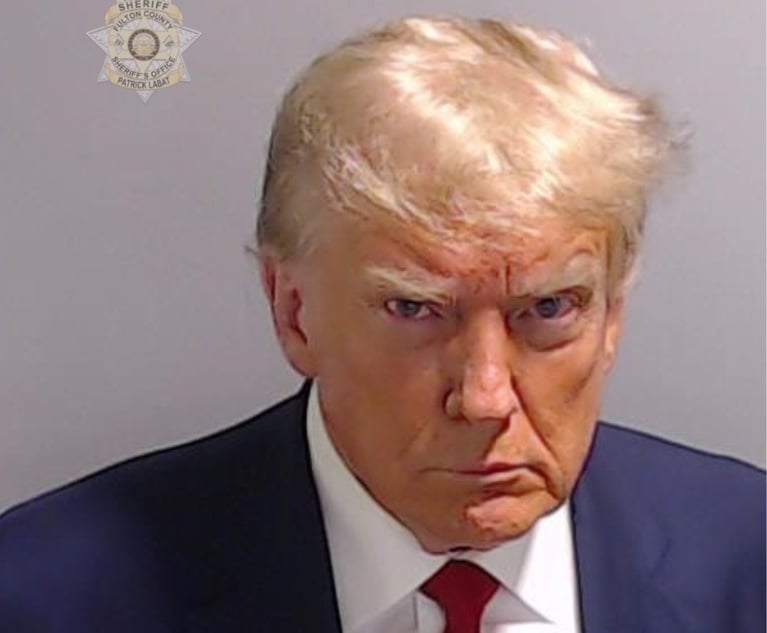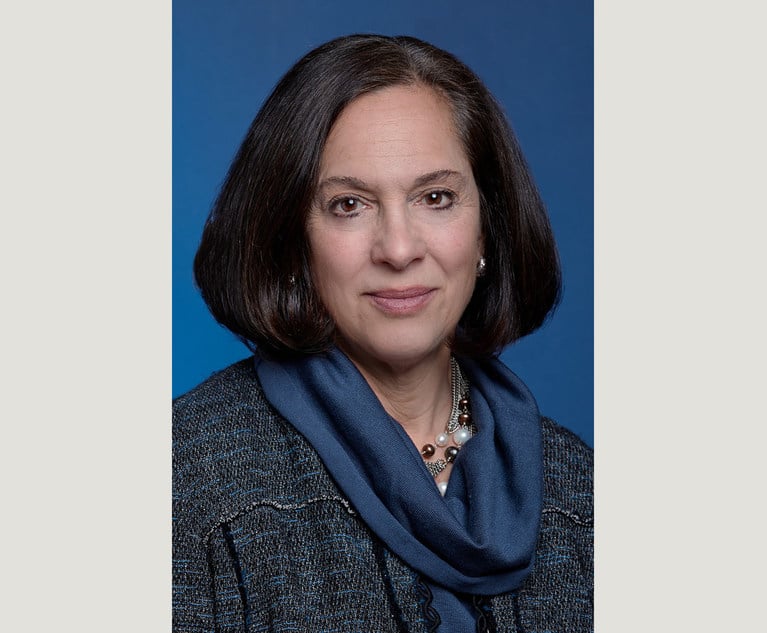“I know Rudy was lying, we all did, but if he wasn’t in front of a judge how can you discipline him for it?” That was the e-mail from one of my brothers the other day, and it got me thinking. My brother is a retired abalone diver, not a lawyer, so his analysis is usually refreshing and clear. How do we balance the right of lawyers to speak freely on matters of public importance with the imperative that, while representing a client, we not speak untruths to third parties?
I’m not talking about the instances where lawyers have gotten into hot water for calling judges names or saying their decisions were dumb. There’s plenty of law saying that our right to criticize judges and courts must be balanced against our duty to promote (or at least not erode) the public’s faith in the fairness of our systems of civil and criminal justice. What happened here, however, is different. The New York court that put a temporary hold on Rudy’s license did it because his conduct allegedly was “corrosive to the public’s trust” in the fairness of the election system, not the courts, and used Rules 4.1 and 8.4 to justify it.
This content has been archived. It is available through our partners, LexisNexis® and Bloomberg Law.
To view this content, please continue to their sites.
Not a Lexis Subscriber?
Subscribe Now
Not a Bloomberg Law Subscriber?
Subscribe Now
LexisNexis® and Bloomberg Law are third party online distributors of the broad collection of current and archived versions of ALM's legal news publications. LexisNexis® and Bloomberg Law customers are able to access and use ALM's content, including content from the National Law Journal, The American Lawyer, Legaltech News, The New York Law Journal, and Corporate Counsel, as well as other sources of legal information.
For questions call 1-877-256-2472 or contact us at [email protected]


 CLT columnist and former state Chief Disciplinary Counsel Mark Dubois.
CLT columnist and former state Chief Disciplinary Counsel Mark Dubois.




